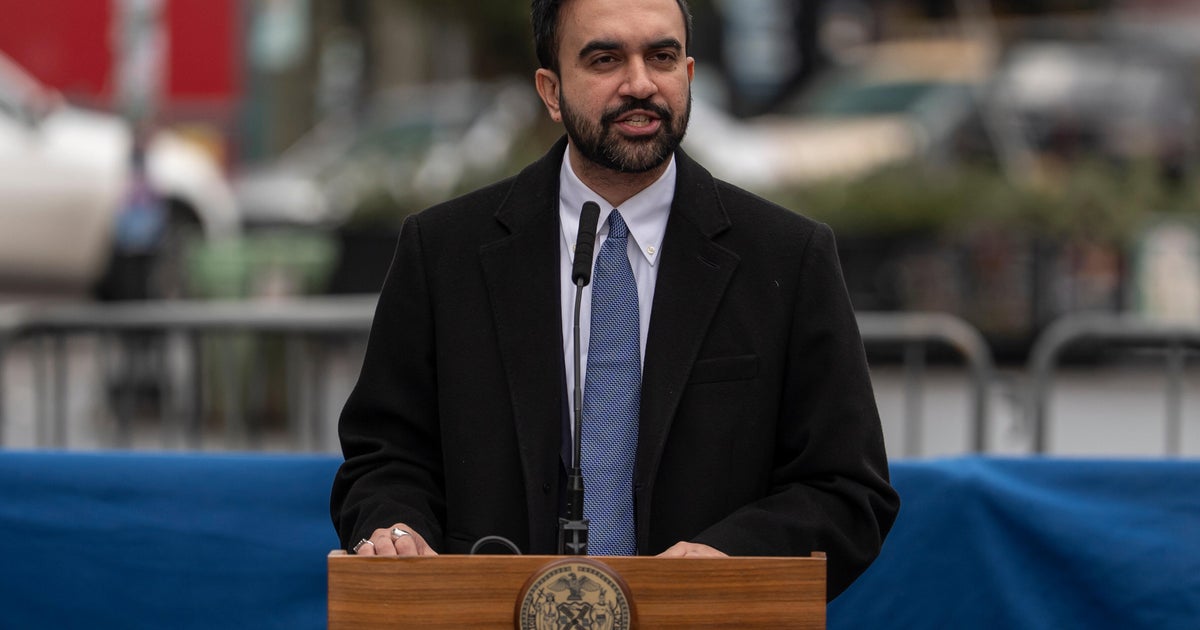U.S. Senate panel seeks information on Citizens Property Insurance ability to pay claims
TALLAHASSEE - The U.S. Senate Budget Committee on Thursday requested a wide range of documents and information from Florida's Citizens Property Insurance Corp., raising questions about climate risks and whether the federal government could be asked to bail out Citizens if a major hurricane hits.
Committee Chairman Sheldon Whitehouse, D-R.I., sent a letter to Gov. Ron DeSantis, state Insurance Commissioner Michael Yaworsky and Citizens President and CEO Tim Cerio requesting information about issues such as models showing Citizens' potential financial exposure to "worst case hurricane scenarios" and models about Citizens' ability to pay claims.
The letter cited massive growth in the number of Citizens' policies in recent years and a state law that would allow Citizens to collect what are known as "assessments" from insurance policyholders throughout the state - including policyholders who are not Citizens customers - to pay claims.
"If Citizens were unable to cover its losses, it is entirely possible that state leaders might ask the federal government for a bailout," Whitehouse's letter said. "Given the potential magnitude of Citizens' losses, such a request would put the federal government (and by extension, all American taxpayers) at substantial risk."
But Citizens spokesman Michael Peltier said in an email that Citizens would be able to pay claims after a major disaster.
"As Florida's insurer of last resort, Citizens is structured so that it will always be able to protect its policyholders and pay claims," Peltier said. "If Citizens were to pay out all reserves and reinsurance following a major storm or series of disasters, it is required by Florida law to levy surcharges and assessments on its policyholders and all Florida insurance consumers until any deficit is eliminated. As such, Citizens will always have the ability to pay claims."
Whitehouse's letter came amid an upheaval in Florida's insurance market that has included private insurers dropping customers and passing along large rate increases. Citizens saw its policy count soar to as high as 1.412 million this fall. As a comparison, it had 532,788 policies on Nov. 30, 2020.
But Florida lawmakers have taken steps to try to push policies out of Citizens into the private market, and the policy count had been whittled to 1.255 million as of last week. At least part of the reason that lawmakers have sought to move policies to private insurers is because of the risks of assessments if a major storm or multiple storms hit.
Peltier said Citizens recently revised a projection of policies at the end of this year from 1.7 million to 1.215 million. Also, he said it revised an estimate of year-end total exposure from $675 billion to $551 billion.
But Whitehouse's letter cited reports about potential costs if a major hurricane hit an area like Miami.
The letter said the committee held hearings in March that included looking at issues such as increasing losses in coastal properties and mortgage and insurance markets.
"The committee is increasingly concerned about the potential economic consequences of an eventual wide-scale decline in property values caused by increasing exposure to climate risks and the attendant increase in insurance premiums and decrease in insurance availability," the letter said. "Should such a situation come to pass, the effects on households - and on federal revenues and spending - would be quite damaging and long-lasting, as we saw during and after the 2008 financial crisis."
Among other things, the letter requested that Citizens provide information about its assets, reinsurance coverage, and total claims it could pay without having to collect assessments. It asked Citizens to respond by Dec. 21.







